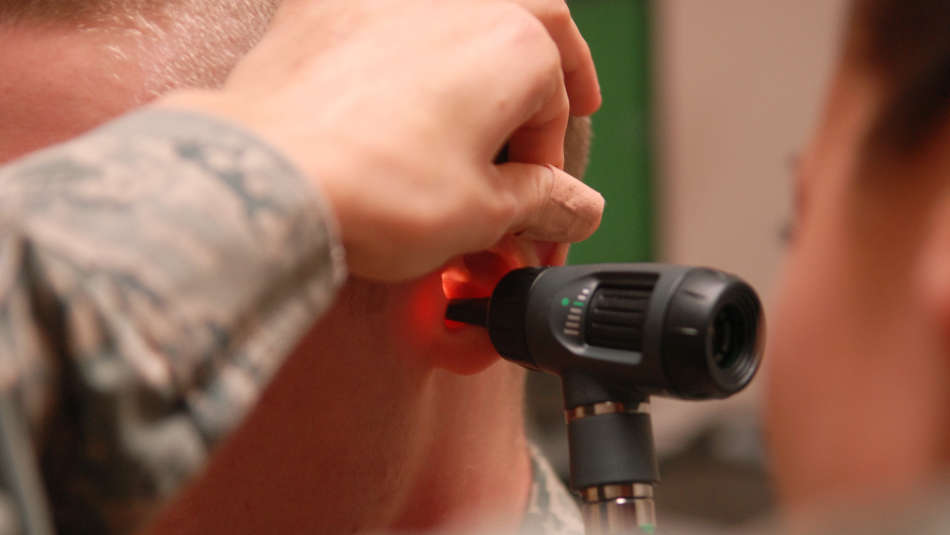Common Conditions Leading to ENT Referrals
Various medical conditions usually immediate the ENT referral process. By successfully figuring out these signs early on, PCPs can initiate the ENT referral process, facilitating well timed intervention that could considerably improve a patient's quality of life. Each of those situations has specific symptoms that warrant further analysis by an ENT physician. For occasion, sufferers with continual sinusitis might experience ongoing nasal congestion and facial strain, while those affected by hearing loss could wrestle with communication difficulties. These could embody chronic sinusitis, allergy symptoms, sleep apnea, and hearing loss.
 As sufferers reconnect with family members and interact extra absolutely in social settings, the impression of listening to aids transcends auditory improvements alone, fostering a richer, more fulfilling life expertis Benefits of Hearing Aids for Quality of Life
As sufferers reconnect with family members and interact extra absolutely in social settings, the impression of listening to aids transcends auditory improvements alone, fostering a richer, more fulfilling life expertis Benefits of Hearing Aids for Quality of Life Utilizing hearing aids can immensely improve the quality of life for people with hearing impairments. Moreover, research point out that the well timed use of listening to aids can lead to cognitive benefits, similar to lowered risks of dementia in older adults. In the context of hearing aids ENT practice, these gadgets have been proven to enhance communication abilities, scale back emotions of isolation, and improve general emotional well-being.
Advancements in Hearing Aid Technology
The panorama of listening to aids is continuously evolving, due to rapid technological advancements. The ongoing innovation within hearing aids ENT practice not solely enhances usability but in addition significantly improves patient satisfactio Modern hearing aids now provide features such as Bluetooth connectivity, allowing customers to link their gadgets to smartphones and different audio sources for seamless streaming of music and calls. Additionally, the introduction of rechargeable batteries has eliminated the necessity for frequent battery modifications, offering comfort for users. Advanced sound processing capabilities allow these gadgets to automatically regulate to completely different environments, whether or not in a crowded restaurant or a quiet residence.
CT scans are notably effective in visualizing the anatomy of the sinuses and can establish obstructions, such as polyps or anatomical variations, that contribute to symptoms. Chronic sinusitis, characterised by extended inflammation of the sinus cavities, requires detailed imaging studies to guide administration. Additionally, preoperative imaging is essential for planning sinus surgery, making certain that surgeons have a clear understanding of any complicated anatomy involved. The integration of imaging findings with clinical evaluations enhances the general management of sinus disorder The Role of Imaging in Sinus Disorders
Imaging plays a crucial function in diagnosing sinus problems, that are among the many commonest issues encountered by ENT professionals. For acute sinusitis cases, ultrasound also can provide quick insights, especially in pediatric patients the place radiation publicity must be minimized.
Research has demonstrated a big correlation between **ENT conditions** and migraine episodes. Recognizing these connections is important for implementing effective **ENT migraine relief** strategie Furthermore, **nasal congestion** can exacerbate migraine signs, resulting in a cycle of increased discomfort. ENT specialists are outfitted to pinpoint these connections, often employing imaging strategies similar to CT scans or MRIs to identify underlying issues that might be contributing to migraine ache. Sinusitis, for example, often presents with signs just like migraines, including extreme ache and strain. When the sinuses are infected, they will create further pressure within the head, leading to intense headache experiences.
Chronic sinusitis can result in ongoing headaches and will masquerade as migraines. Focusing on sinus well being What Is An Otoscopy And When Do You Need One? an important facet of **ENT migraine relief** that may lead to lasting, effective outcomes for sufferer Treatment options vary from medication to surgical interventions aimed toward bettering sinus drainage and function. Proper evaluation of **sinus health** is vital for those experiencing migraines. By addressing underlying sinus points, such as structural abnormalities, allergy symptoms, or infections, sufferers usually find important aid from migraine symptoms. An ENT analysis may include a thorough examination of the sinus cavities, and specialists may make the most of endoscopy to visualise obstructions or infections.






